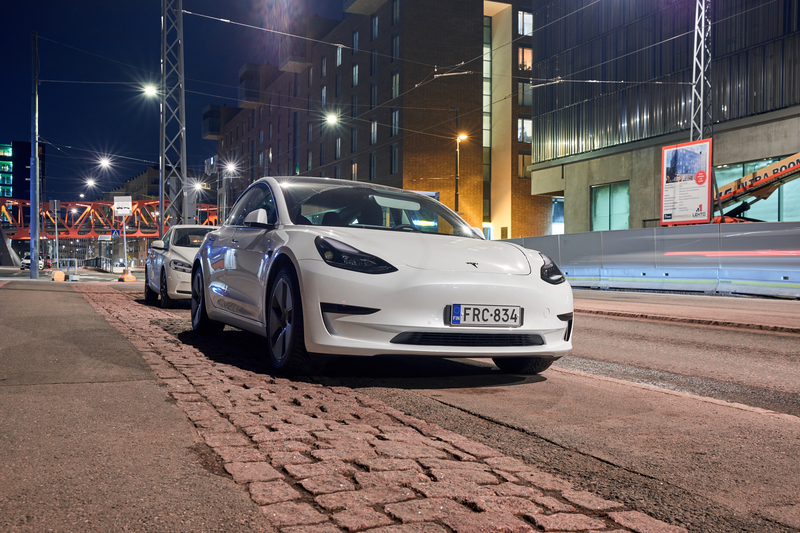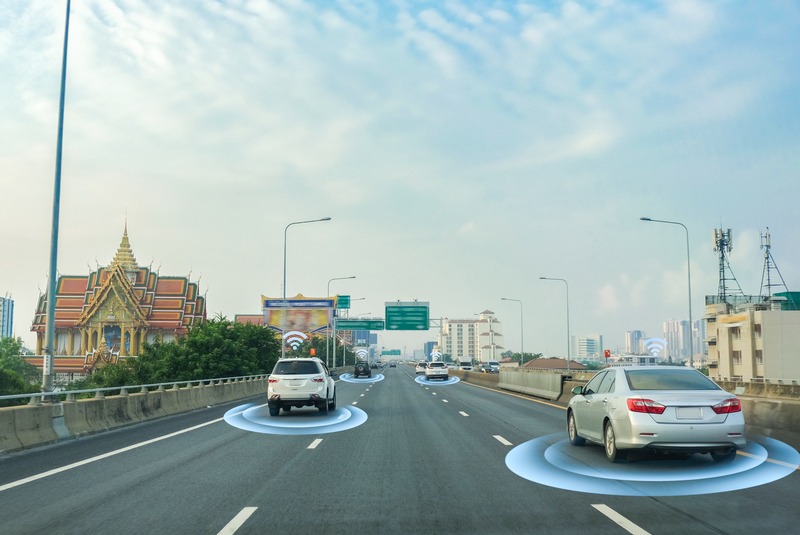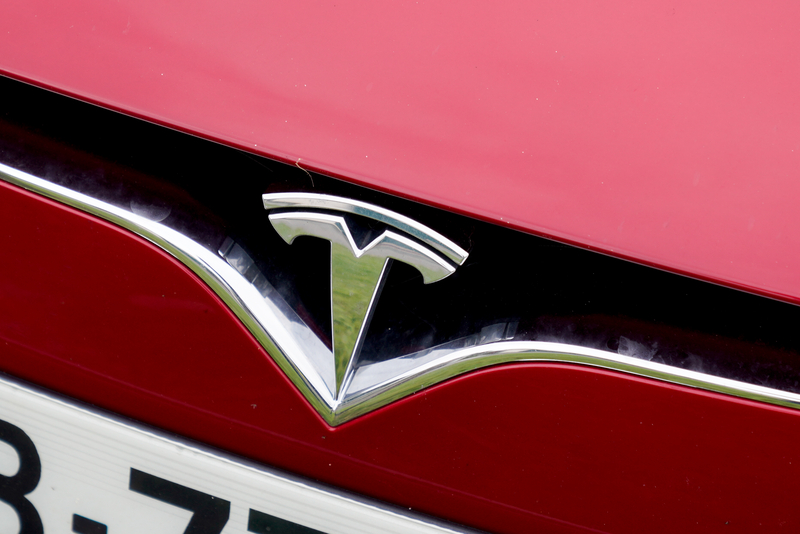
Tesla is replacing radar with its camera-based Autopilot system for its Model 3 and Model Y vehicles in North America.
In a blog post, the company says these will be the first Tesla vehicles to rely on camera vision and neural net processing to deliver Autopilot.
For a short period during this transition, cars with Tesla Vision may be delivered with some features temporarily limited or inactive.
For example, Autosteer will be restricted to a maximum speed of 75 mph and a longer minimum following distance, while emergency lane departure avoidance may be disabled at delivery.
In the weeks ahead, Tesla is to start restoring these features via a series of over-the-air software updates. All other available Autopilot and full self-driving features will be active at delivery, depending on order configuration.
All new Model S and Model X, as well as all vehicles outside of North America, will continue to be equipped with radar and will have radar-supported Autopilot functionality until the company determines the appropriate time to transition to Tesla Vision.
According to Tesla, transitioning Model 3 and Model Y to Tesla Vision allows it to analyse a large volume of real-world data in a short amount of time, which ultimately speeds up the roll-out of features based on Tesla Vision.










